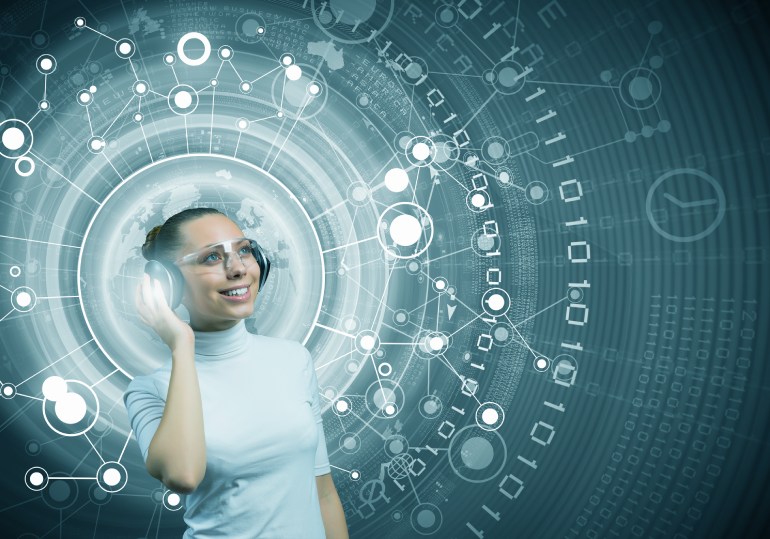 The buzzwords AI and machine learning are on everyone's lips these days, especially in marketing, but are often wrongly used as synonyms. In fact, only about one in five marketers know the differences between the two terms.
The buzzwords AI and machine learning are on everyone's lips these days, especially in marketing, but are often wrongly used as synonyms. In fact, only about one in five marketers know the differences between the two terms.
The term artificial intelligence (AI) refers to machines and devices that can perform tasks that are characteristic of human intelligence. Although this definition may seem broad, enterprise AI typically refers to mechanisms that recognize environmental factors and autonomously take actions that maximize the chances of successfully meeting predefined goals – without human intervention. Specifically, they understand AI as an umbrella term for everything to do with machines performing tasks the way the human brain would normally do them. However, there is still much that falls under this idea. Marketers can think of AI as computer-based tools that enhance engagement marketing platforms and marketing automation software with human-like capabilities – like thinking, planning, learning, decision making, and optimization. In short, AI can be defined as a self-learning system that can adapt its behavior based on insights gained while processing information.
Machine learning (ML), however, is more about the mechanics – the mathematical models and algorithms – of how a computer system learns. It's about how massive amounts of data from different sources can be leveraged so that a machine can apply that data to learn from experiences. Before machine learning, programmers taught computers to use data by creating complex command strings. Today, the old teaching method would require writing literally millions of lines of code to accomplish the same flexible and complex tasks unleashed by machine learning. Therefore, machine learning is exactly what makes AI run smoother and adjust direction based on available data. As a marketer, you'll often hear terms that are basically subsets of machine learning, such as deep learning, deep neural networks, innovation insights learning, or adversarial learning.
Marketers can use AI technology to learn from the data they have collected about their customers. This intelligence, stored in universal customer profiles, can then be applied to determine a consumer's favorite product, color, taste, and other preferences based on behavioral data – and then create personalized offers for each customer. It can build the customer journey "on the go" and adjust AI marketing automation based on real-time behaviors to create a sense of relevance and situational awareness that customers value.
It may sound paradoxical but incorporating machine learning and artificial intelligence makes marketing seem more human and empathetic. It also helps increase relevance to large customer segments by observing how tastes and preferences evolve, while allowing AI marketing initiatives to be independently adjusted for maximum impact.
By Daniela La Marca


